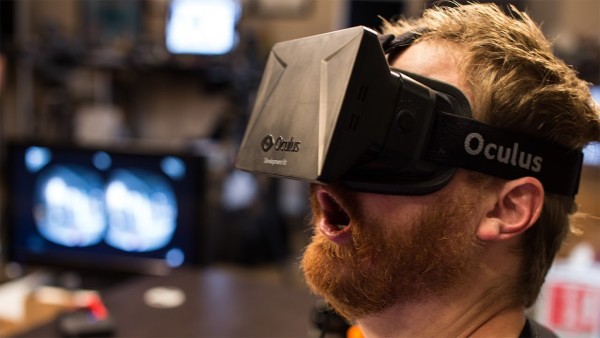

Some examples of US technological hiccups include the stalled space program where the US seems to no longer be able to send its astronauts to the International Space Station without hitching a ride in Russia and the fact that no one’s been on the moon in decades; the questionable F-35 program wherein it’s been criticized with regards to safety and performance issues; and multiple hacking incidents involving foreign and domestic sources. Either unhackable America is hacked by its own citizens or North Korea may have discovered that starving its technologically inclined citizens might actually make them smarter. These technological fails give the impression of a technologically weak America, an impression that countries like Russia and China can take advantage of.
China has made great inroads when it comes to technology, building on technology shared, bought and brought into the country. It might even be more advanced with regards to IT allowing them to allegedly hack into US military secrets thus emboldening its own military to directly challenge US interests. We can scoff all we want at China’s F-35 rip-off but what if they got all the kinks out? Speaking of the F-35, the plane couldn’t have been made without some Israeli tech. Air Power Australia even downplayed the plane’s role as a long-range strike fighter.
China now plans to put a man on the moon; a move that could supplant the United States’ technological edge and with China’s current territorial thinking, could give China exclusive rights to parts of the moon. Even if the move was already done, it’s in America’s interest to counter or beat China to wherever it wants to go just like Kennedy did when the US first put a man on the moon. Conspiracy theorists even challenge whether the US actually performed the feat.

Despite that disturbing budget news, the US is still second to Japan in most lists when it comes to technological superiority. The US continues to shape the world’s technological landscape through the efforts of various companies such as Microsoft, Apple and Google and through various entrepreneurs through the new crowd-funding landscape. With many brilliant creative minds, the US is not about to lose its technological edge anytime soon. And unlike Japan, US advances go beyond its borders. Military advances are shared with its closest allies while advances in IT are readily disseminated globally. We could say that the US remains first outside Asia.
Other countries on the advanced list include England, which is at par with the United States when it comes to technology. Australia is noted for its focus on biotechnology, food and mining industries. Finland, home of Nokia is noted for its communications and developments in the fields of physics and the environment. Singapore which has an advanced architecture, transportation infrastructure and has one of the world’s fastest internet access along with South Korea which has three times the bandwidth of the United States and is home to Apple’s rival, Samsung which has already beaten Japan’s Sony in terms of technology. South Korea is already at par with Japan when it comes to automotive and appliance technologies. Israel, a close ally of the United States, spends most of its R&D budget on security (theoretically enabling them to build a countrywide wall to keep zombies out), enabling them to build state of the art unmanned aircraft, a highly efficient intelligence network and a working electric car infrastructure. India has also become one of the technologically advanced nations in the world. Many IT jobs have been outsourced or imported from India and the country has made plenty of inroads on defense and space programs. And finally there’s China which has become Asia’s newest superpower and depending on who we ask has surpassed Japan’s economy. China has made great strides when it comes to manufacturing, military and information technologies. Most of the world’s gadgets and other goods are manufactured in China because of cheaper materials and labor.
In this new very connected world, news now travels fast, far and wide and with news come thoughts and impressions on whatever is the latest buzz especially when politics is involved. It gets worse when politics is involved in tech mistakes and failures and false impressions about the country’s technological prowess spread like wildfire. But that spread alone, how connected everyone is, how easily people are tracked, how something searched for out of curiosity quickly becomes an advertisement is a testament of how technologically advanced the United States is. Speaking of politics, what should be put into question is how that advancement is put into use.

